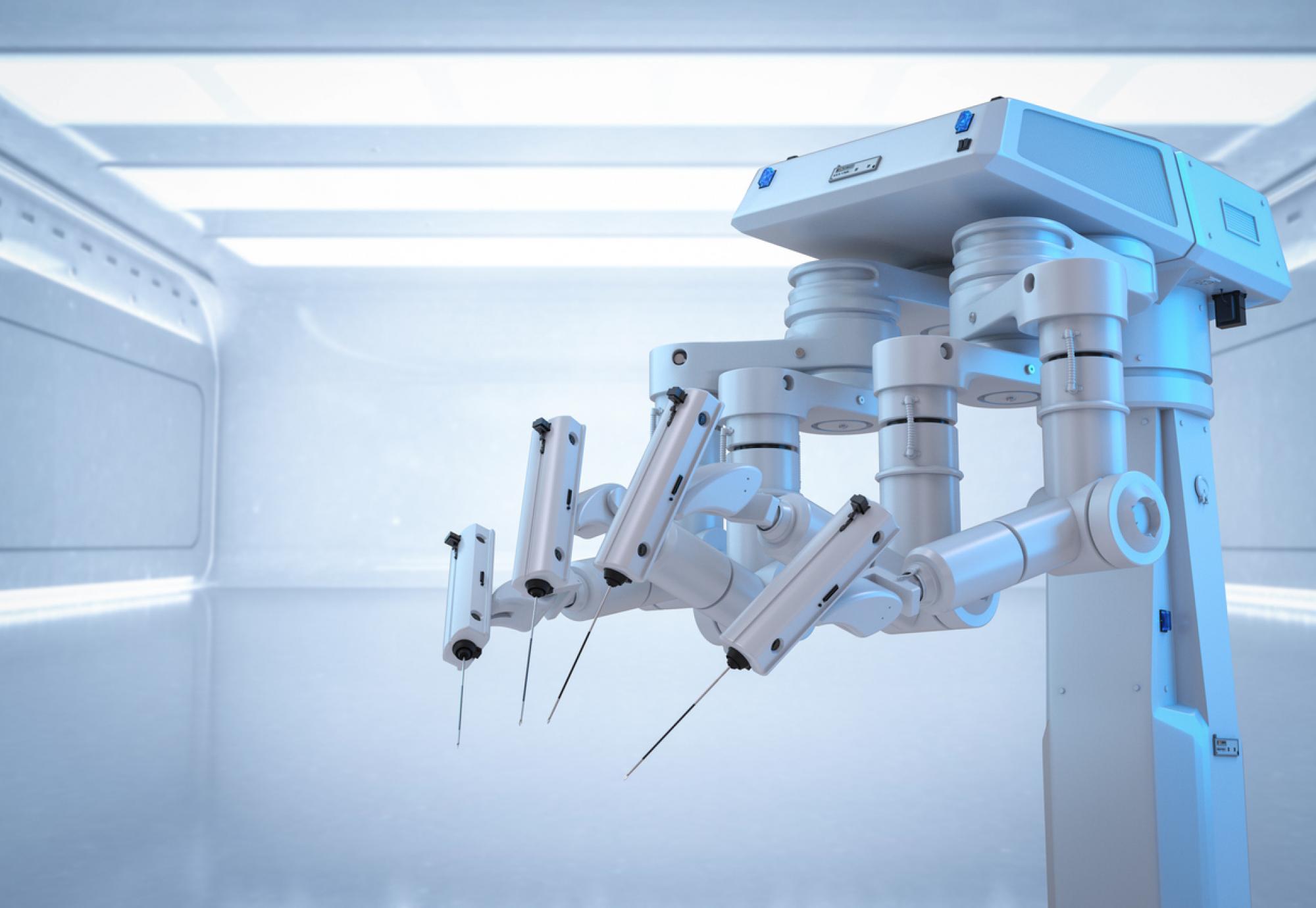A surgical robot at Cambridge University Hospitals NHS Foundation Trust (CUH) is helping cure prostate cancer patients and allowing them to get home the next day.
Known as a robotic prostatectomy, the procedure comprises of a highly trained surgeon operating on a patient and removing cancerous tissue by making multiple small incision in the abdomen.
Not only is this method less invasive, leaving less blood and pain behind, it also enables patients to recover much quicker than ever before, getting home less than 24 hours after surgery – the shortest hospital stay in the UK for the operation.
Previously with open surgery, the procedure required a four-to-five-day hospital stay, but now, with help of a surgical robot, patients are getting home quicker, subsequently freeing up hospital capacity, which will reduce waiting times and cancellations.
Once the operation has been completed, patients are cared for on the Day Surgery Unit by specially trained nurses, further freeing up capacity in the main hospital. By the following morning, patients are ready to be discharged to continue their recovery at home.
CUH Day Surgery Operations Manager, Graham Johnston, said: “For patients to be going home the next day after a major operation is a huge team effort. While the robot is vital in achieving this, so is the skill and dedication of the team.
"This includes working really closely with patients before and after their surgery, to give them the support they need, extra training for the nursing staff and building on the outstanding skills of our surgical team.”
The robot is also used to carry out a number of other procedures at CUH and was donated to the hospital by the Addenbrooke’s Charitable Trust (ACT).
ACT are currently trying to raise enough funds to buy CUH another robot – a £1.5m appeal was launched in the April of last year and is just £142,000 away from the target, with £1.36m already pledged.
ACT Director of Fundraising, Claire Billing, said: “Another robot would enable even greater progress in world class surgery right here in Cambridge, reducing waiting times and speeding up recovery for patients. A massive thank you to everyone who has helped us raise funds so far. We can only reach our target with the support of our community of fundraisers and donors but together we can do this.”
More information on the robot and how to donate is available here.



















